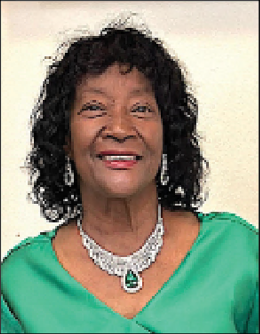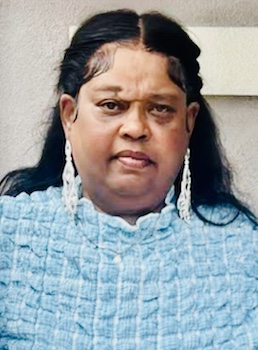One of the greatest eras of televison
Published 7:00 am Wednesday, April 20, 2016
Monday evening, I watched the first episode of a documentary titled “The Seventies” on Netflix.
Even through I wasn’t born until the 1980s, it was like taking a walk down memory lane.
During the first episode, producers, actors and writers discussed the groundbreaking television shows that emerged during that decade.
One of the main catalysts for this change in television programming was writer and producer Norman Lear, who is responsible for sitcoms such All in the Family, Sanford and Son, One Day at a Time, The Jeffersons, Good Times and Maude.
I grew up watching channels such as Nick at Nite or TV Land and was introduced to I Dream of Jeannie, Bewitched and the Dick Van Dyke show at an early age.
However, these 70s television shows were quite different. They weren’t as wholesome and family-friendly as their predecessors but tackled real-world issues such as the Vietnam War, racism, feminism and during an episode of All in the Family, viewers heard the sounds of a toilet flushing on television for the first time.
Maude is one of my absolute favorite shows and I think Beatrice Arthur was a perfect fit for the outspoken feminist. I even tell my husband sometimes, “God will get you for that Walter.”
The Mary Tyler Moore Show also premiered during the 1970s and she is still one of my favorite television heroes. It was the first time I was given a glimpse at the writer’s interpretation of a newsroom setting. But she was also an independent woman who took care of herself. The supporting cast was phenomenal. Mr. Grant and Ted are two characters that are easy to watch, and laugh at, over and over again.
However, the longevity of these brilliant shows was almost cut short because of the Family Viewing Hour, established by the Federal Communications Commission in 1975. It stated that each television network had an obligation to air “family-friendly” programming during the first hour of the prime time lineup. This policy was declared unconstitutional in 1977 after many actors, writers and producers declared the policy an infringement on creative freedom and First Amendment rights.
As a result, according to the film, networks created family-friendly programs such as Happy Days, The Waltons and Little House on the Prairie. These are also some of my favorite shows.
I believe the television shows of the 1970s are more important than most today. They reflected not only the political climate of the day but also the affects of the Vietnam War and women’s fight for equality.
As far as family-friendly goes, I’ve always been of the opinion that parents are responsible for the programs their children view, not networks. If you don’t want your children watching something, turn it off.





